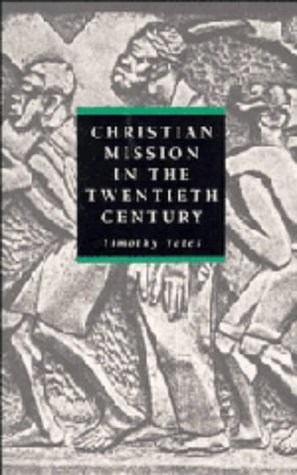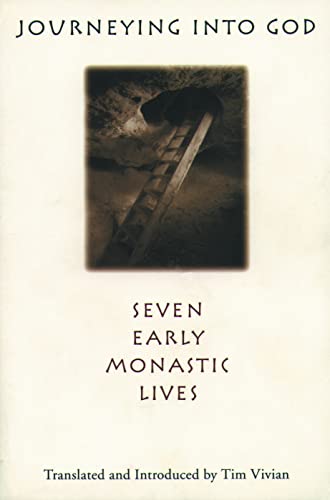Religion and Political Culture in Britain and Ireland from the Glorious Revolution to the Decline of the Empire
Written by David Hempton Reviewed By Finlay HolmesThe days when the pronouncements of churchmen made much difference in British politics are long behind us’, Tory M.P., Edwina Currie is reported to have said in response to an attempt by Cardinal Hume to make abortion an election issue in Britain. We might not regard Mrs Currie as an authority on church history but Professor David Hempton’s Cadbury Lecture of 1993, now published by the Cambridge University Press, provide impressive evidence to support her judgement. Hempton’s conclusion is that by the middle of the present century, ‘In both the corridors of government and the world of labour, Christianity came increasingly to be seen as a private matter for the individual and as a community matter for the churches, but the real power and political influence lay elsewhere’. (p. 168)
The titles of the lectures and the chapter headings in the book indicate the range of his survey: The Church of England, a great national consensus?, the Methodist Revolution?, Evangelicalism in Scotland and Wales, The Making of the Irish Catholic nation, Ulster Protestantism and rebellious Loyalism, Religion and political culture in urban Britain, and Religion and Identity in the British Isles, integration and separation. Hempton suggests that he may have been fooling ‘to try to bring to life a diverse and variegated spectrum of religious communities from Argyll to Armagh, from County Cornwall to County Clare, from the Welsh valleys to the Scottish highlands, from Birmingham to Belfast’ (p. xi), but Professor Linda Colley of Harvard, herself the author of an important study of British national identity, and the role of Protestantism in forming it, Britons: Forging the Nation 1707–1837, considers that he has been brave rather than foolish and commends his book enthusiastically. This reviewer would echo his commendation for in these lectures we find information, illumination and wisdom, often overturning popular received opinion. Not the least merit of this book are the copious footnotes indicating the scope and depth of Professor Hempton’s research and pointing readers to recently published work and also to material still accessible only in theses in university libraries.
For some Christians this account of the decline of ecclesiastical institutions and their marginalization in modern British society will be depressing. Everywhere in these islands except perhaps for the Roman Catholic church in Ireland and the Protestant churches in Ulster, churches which once stood at the centre of national life, contributing significantly to distinctive national identities—Anglicanism in England, Presbyterianism in Scotland, Nonconformity in Wales—have been pushed to the circumference, declining in numbers and influence. Others may take a more optimistic view, believing that the churches are being liberated from the crippling role which has imprisoned them since Constantine made the church the partner of the state. The French historian, Jean Delumeau, asked pertinent questions about Christianity and modern secularization: ‘Have we not for too long called Christianity what was in fact a mixture of practices and doctrines with frequently little connection with the gospel message? If this is so, can we still properly talk of dechristianization?’ (J. Delumeau, Catholicism between Luther and Voltaire. ET 1977, p. 231).
Finlay Holmes
Union Theological College, Belfast






